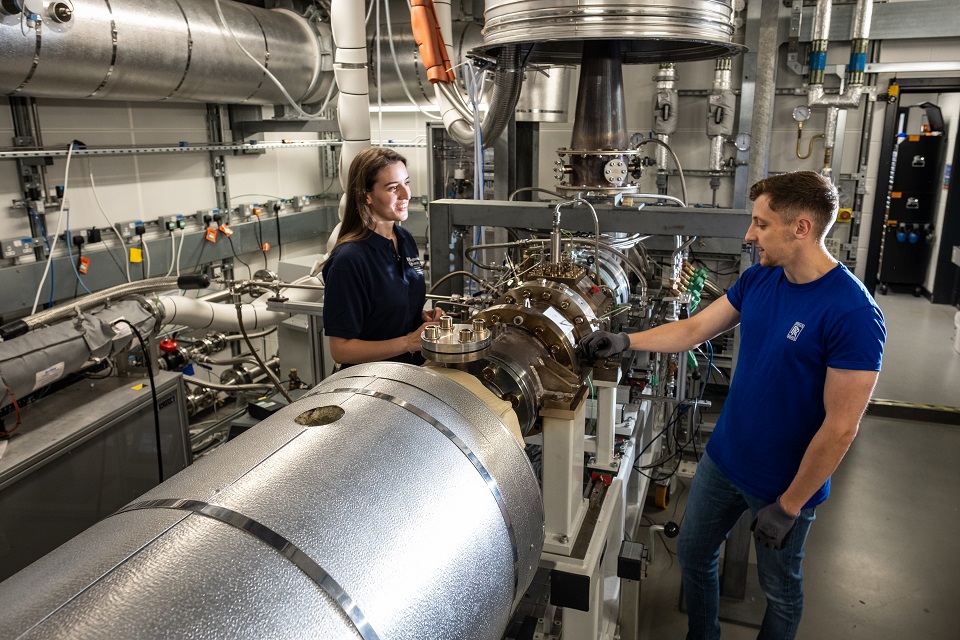The KEF, produced by Research England,provides a range of information on the knowledge exchange activities of Higher Education Providers (HEPs) in England, including their business partnerships and impact on local growth and regeneration.
It groups institutions into ‘clusters’ of peers – institutions with similar characteristics such as how much research they do and in what subject areas. Loughborough University is in Cluster X, which is described as “large, high research intensive and broad-discipline universities undertaking a significant amount of excellent research”.
KEF2, which was released yesterday (Tuesday 27 September), shows Loughborough is in the highest quintile – quintile 5, classed as ‘very high engagement’ – for Intellectual Property (IP) and commercialisation, measured by licensing and IP income, and spin-out investment and turnover.
It is also in the highest quintile for Working with business, measured by income secured through contract research, consultancy, facilities use and from innovate UK.
This puts Loughborough above the Cluster X average of quintile 4 in these categories.
Loughborough also performs strongly in Local growth and regeneration and Working with the public and third sector, placing in quintile 4, high engagement, for both areas.
Speaking about Loughborough’s success in KEF2, Professor Dan Parsons, the University’s Pro-Vice Chancellor for Research and Innovation, said: “I am delighted by these fantastic results that demonstrate the extent, reach and significance of our knowledge exchange activity at Loughborough University.
“The dedication and hard work of our staff, students and partners is key to the outcomes surfaced in these results. Our fusion of research and innovation into one ecosystem will help drive and support collaborations and ensure that our work makes real world differences and impacts society in positive and sustainable ways into the future.”
An example of Loughborough’s success in working with business is its partnership Rolls Royce. Through its collaboration with the company, Loughborough’s fundamental research on aerothermal and combustion technologies led to a fuel burn saving in the Trent XWB aeroengine that equates to a reduction of 70 million tonnes of CO2 per year. The partnership, which started over 50 years ago, has led to the creation of the National Centre for Combustion and Aerothermal Technology – a global open-access centre of excellence delivering low-emissions technology for the aerospace sector.
A demonstrator for Loughborough’s success in IP and commercialisation is Previsico. The University spin-out, launched in 2019, provides surface water flood forecasting enabling people and organisations to minimise the impact of flooding. Backed by Foresight Group and underpinned by two decades of research at Loughborough University, Previsico’s world leading solution is used by insurers, businesses, and government to reduce their losses as well as advancing humanitarian impact through a partnership with the Kenyan Red Cross.
